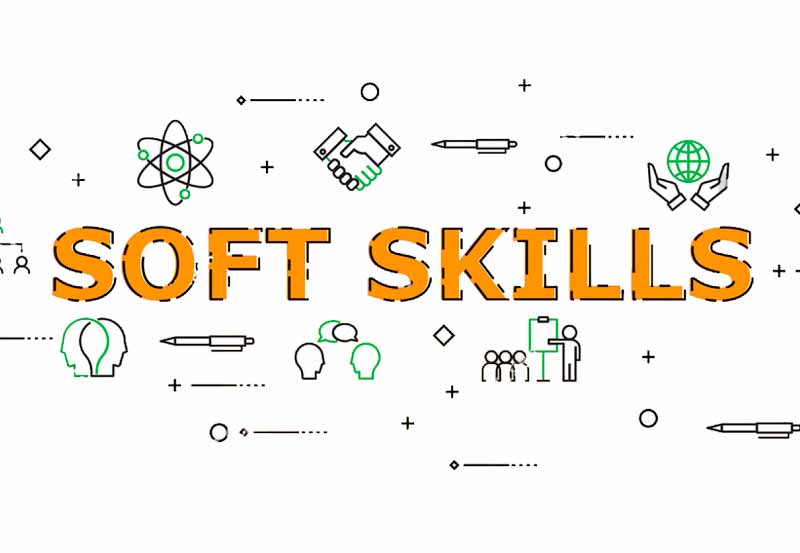
Just about every job requires you to have qualifications that align with the responsibilities of the position. Your experience, knowledge and training can often be an indicator of your ability to do the job. These are considered hard skills. There is another element that can dictate whether or not you succeed in a position. That element is soft skills, which is also known as emotional intelligence. In other words, your ability to engage effectively with others can determine whether or not you succeed, regardless of your technical skills.
When working with accounting, administrative, executive or any Construction staffing services tulsa ok, there may be an assessment of your soft skills. This encompasses your ability to communicate effectively in the workplace, solve problems and make logical decisions. Not having these skills can hinder your success. Fortunately, these and other soft skills can be developed over time. The longer you’re in the workforce, the more you’re able to hone your soft skills. However, they can also be developed in your personal life.
An important skill that can make a big difference in most positions is collaboration. This means you must demonstrate cooperation and an ability to work effectively within a team environment. Why? Because you’ll be required to partner with different stakeholders to reach defined goals. It’s a critical part of every job and being unable to do so can hinder the achievement of business objectives.
There are some skills that are more important than others. Listening happens to be one of the most important skills in the workplace because failure to do so can result in costly problems and delays, depending on your role. It’s common for people to communicate without actively listening to others. Instead of paying attention to what someone is saying, they focus on preparing a response. When that happens, they’re less likely to actually hear what has been said.
A soft skill that can result in misunderstandings is nonverbal communication. This is when your facial expressions and body language communicates something other than what’s intended. If you have a poker face at all times, then you probably don’t have to worry about this. Since that’s not the case for most people, nonverbal communication is something that you should work on. Sometimes it’s simply a matter of showing that you care about what another person is saying. You want to demonstrate openness through your demeanor.
Ever since social media hit the scene, there seems to be less of a focus on perfecting written communication. Perhaps it’s because so many people use texting to communicate and it can be difficult to switch over to proper language in the workplace. Regardless of the reason, it’s best to communicate formally while at work. This doesn’t mean you have to be overly formal and proper. It just means you should align with the communication standards established by the employer. In addition to being able to communicate effectively with your co-workers, you will also stand out as an effective communicator, which is a valuable skill that can be leveraged to advance your career.












